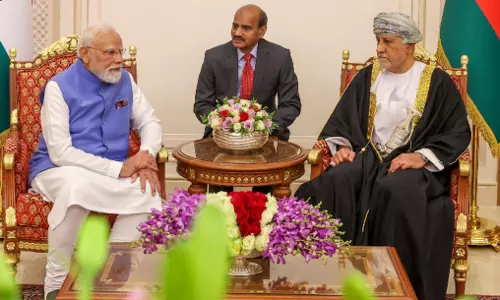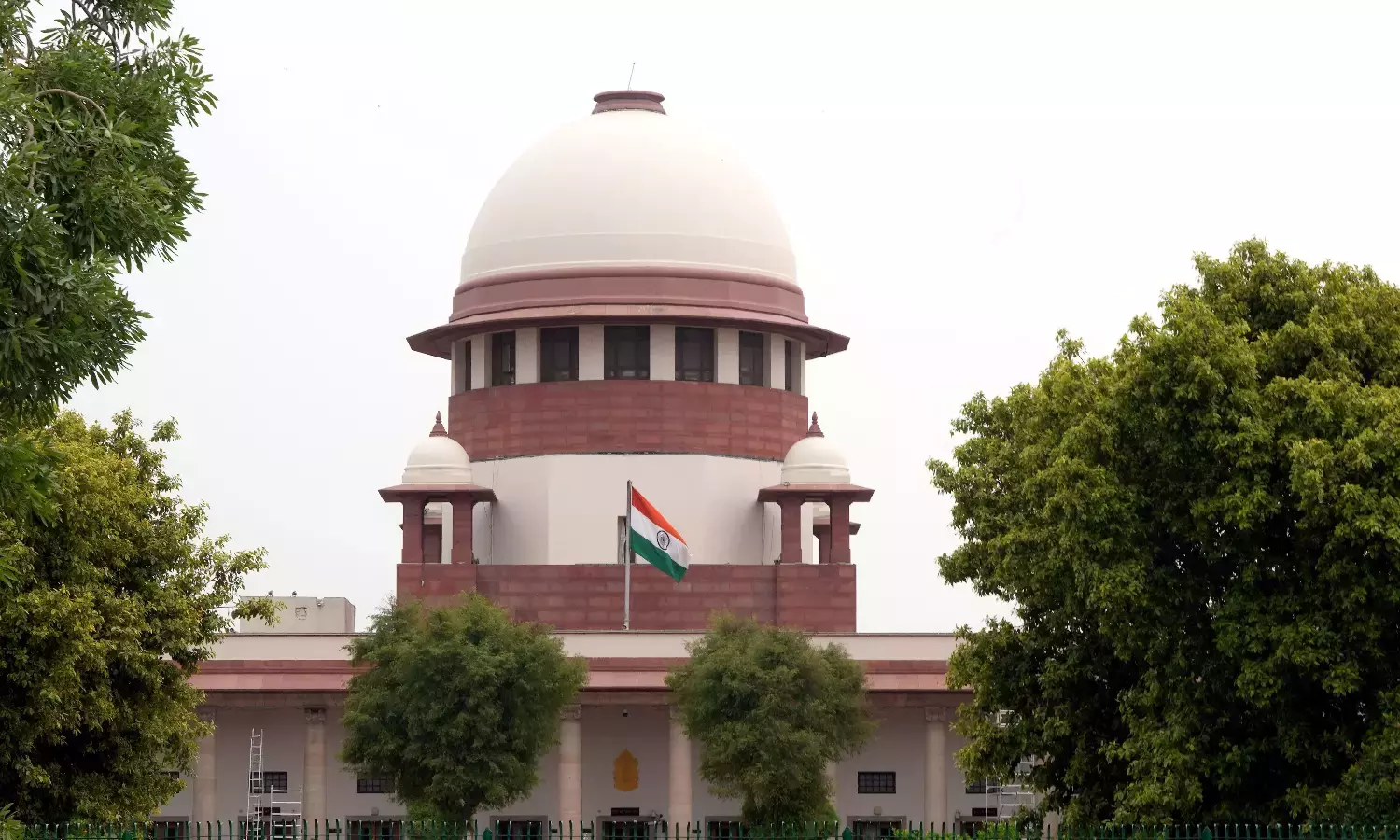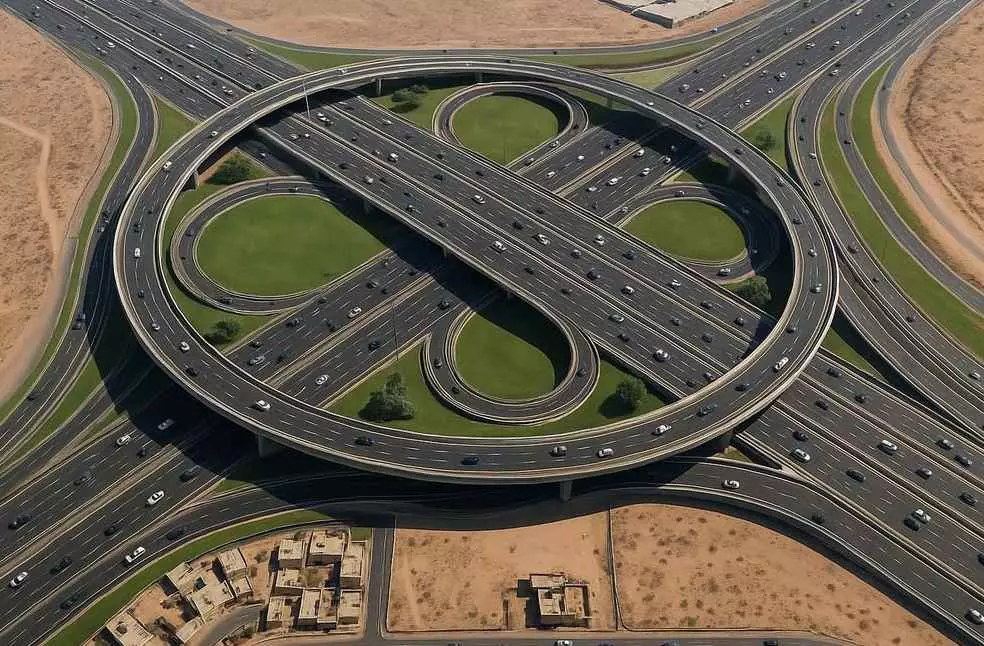
UAE announces Dh750M plan to expand Emirates road by 2027
text_fieldsThe UAE has launched a Dh750 million expansion of Emirates Road to help ease congestion on one of the country’s busiest highways. The Ministry of Energy and Infrastructure is leading the project.
The development will increase the number of lanes from three to five on a 25km stretch between Al Badee Interchange in Sharjah and Umm Al Quwain. The upgrade will raise the road’s capacity to 9,000 vehicles per hour, a 65 per cent increase.
Interchange No. 7 will also be upgraded. Six new bridges will be built to handle 13,200 vehicles an hour.
Work on the project will begin in September and will take two years to complete. The ministry said the project aims to reduce travel time by up to 45 per cent for drivers between Ras Al Khaimah and Dubai.
Suhail Al Mazrouei, Minister of Energy and Infrastructure, said, “This project represents a significant step towards realising the UAE’s vision of establishing an integrated road network that meets the needs of the population and economic growth".
Emirates Road, also known as E611, is a key highway that stretches 110km and offers a direct route between the northern emirates and Abu Dhabi without going through central Dubai.
The project comes as the country experiences rapid population growth. Abu Dhabi recently crossed four million residents. Dubai is expected to follow soon.
A survey by RoadSafety UAE and Al Wathba Insurance found that 86 per cent of motorists face regular traffic congestion. Four in five respondents said traffic has worsened compared to the previous year.
To reduce road pressure, the UAE has introduced congestion tolls. Dubai launched Salik in 2007 and has added dynamic pricing during peak hours. Abu Dhabi uses the Darb system, which also charges drivers at rush hour.
Authorities are also promoting public transport. Dubai is expanding its Metro Blue Line. The Etihad Rail project is also part of the national plan to reduce car usage.
Other measures include flexible working hours and remote work. Surveys last year showed these steps could cut peak-time traffic by 30 per cent.
























